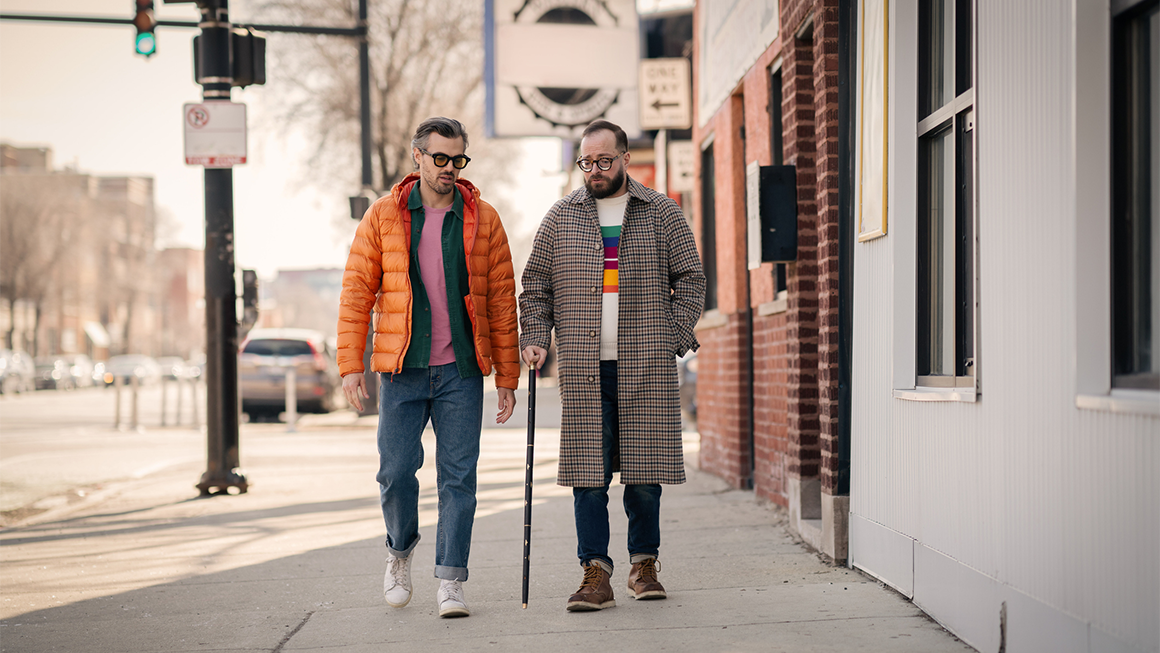
The federal workforce reductions pursued by the Department of Government Efficiency (DOGE) have so far lacked concrete details about who and what areas will be affected. But recently, DOGE announced 47 Social Security Administration (SSA) offices that it plans to close or consolidate, for an estimated budget reduction of about $285 million. On March 19, this list was updated to just 23 closures. It’s unclear why certain offices were unlisted or whether that means some, none, or all of them will close. Given this lack of information, we analyzed all 47 covered in press reports.
These closures (which are just the beginning of the roughly 7,000 anticipated layoffs at the SSA), along with large benefit delivery process changes already underway, will assuredly make access to one of the most successful government programs (PDF) increasingly difficult, especially for Americans in rural areas.
Rural Americans already have less access to Social Security offices
Like other federal agencies, the SSA has increasingly moved to online service delivery, a transition accelerated by the COVID-19 pandemic. Between 2014 and 2020, around half of retirement and disability insurance applications were filed online. By February 2025, 66 percent were filed online.
Our research shows this shift may become a barrier for Americans in rural counties, who have less access to computers and slower internet service relative to those in nonrural counties. The same research shows both rural and urban counties with many disabled residents are less likely to have computer and internet access than counties with fewer disabled residents.
Further, access to technology is more limited among households on tribal lands. Our analysis suggests these geographic differences pose large barriers to accessing SSA benefits, with driving times to field offices about 16 minutes longer for people living in tribal census tracts than for people living outside tribal tracts.
Using more recent data from the SSA, we find that 2,226 of the 3,144 counties in the US (71 percent) have no SSA office or access to other options (like video service delivery and resident stations) the SSA created to better serve people living in remote areas.
Without access to computers and internet, people living in rural areas are more likely to rely on Social Security phone services and offices to learn about and access benefits. But as the SSA plans to reduce phone service and require in-person identification verification—which the agency admits will increase wait times and challenges for older and disabled people—people who rely on Social Security benefits are at greatest risk.
The 47 offices DOGE had planned on closing are located across 24 states, with four or more offices scheduled to close in Alabama, Georgia, North Carolina, and Texas.
Take, for example, the two office closures in western Montana, one in Missoula and the other in Kalispell. The next-closest office is 126 miles from Missoula and 194 miles from Kalispell, which would necessitate a nearly two-hour or three-and-a-half-hour drive. Closing the Wausau, Wisconsin, office would also leave the 140,000 people in that county without easy access, as the next-closest office is in Bowler, Wisconsin, about 40 miles away.
Sources: SSA Data for Field Offices and Resident Stations for Application Developers and SSA National American Indians and Alaska Natives Map Information.
Notes: DOGE = Department of Government Efficiency; SSA = Social Security Administration. Larger dots represent offices DOGE plans to close or consolidate. DOGE office closures accessed on the DOGE website before March 19, 2025; the actual number and location of those offices is sure to change.
Proposed changes at the SSA and other federal agencies will be detrimental to people nationwide, especially those in rural communities and tribal populations. Research shows that ensuring access to Social Security can keep millions of Americans out of poverty.
As DOGE proceeds with workforce reductions, federal and state policymakers should consider investing in alternative solutions to providing services, such as improved broadband access, mobile outreach programs, phone support, and digital literacy. The SSA has already started to lay the groundwork for these alternatives, but further efforts are needed to ensure all Americans have access to the vital services they need.
Let’s build a future where everyone, everywhere has the opportunity and power to thrive
Urban is more determined than ever to partner with changemakers to unlock opportunities that give people across the country a fair shot at reaching their fullest potential. Invest in Urban to power this type of work.